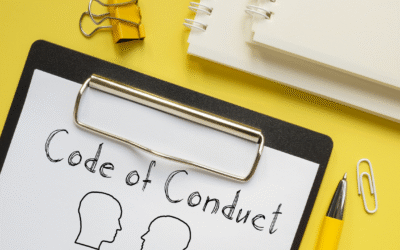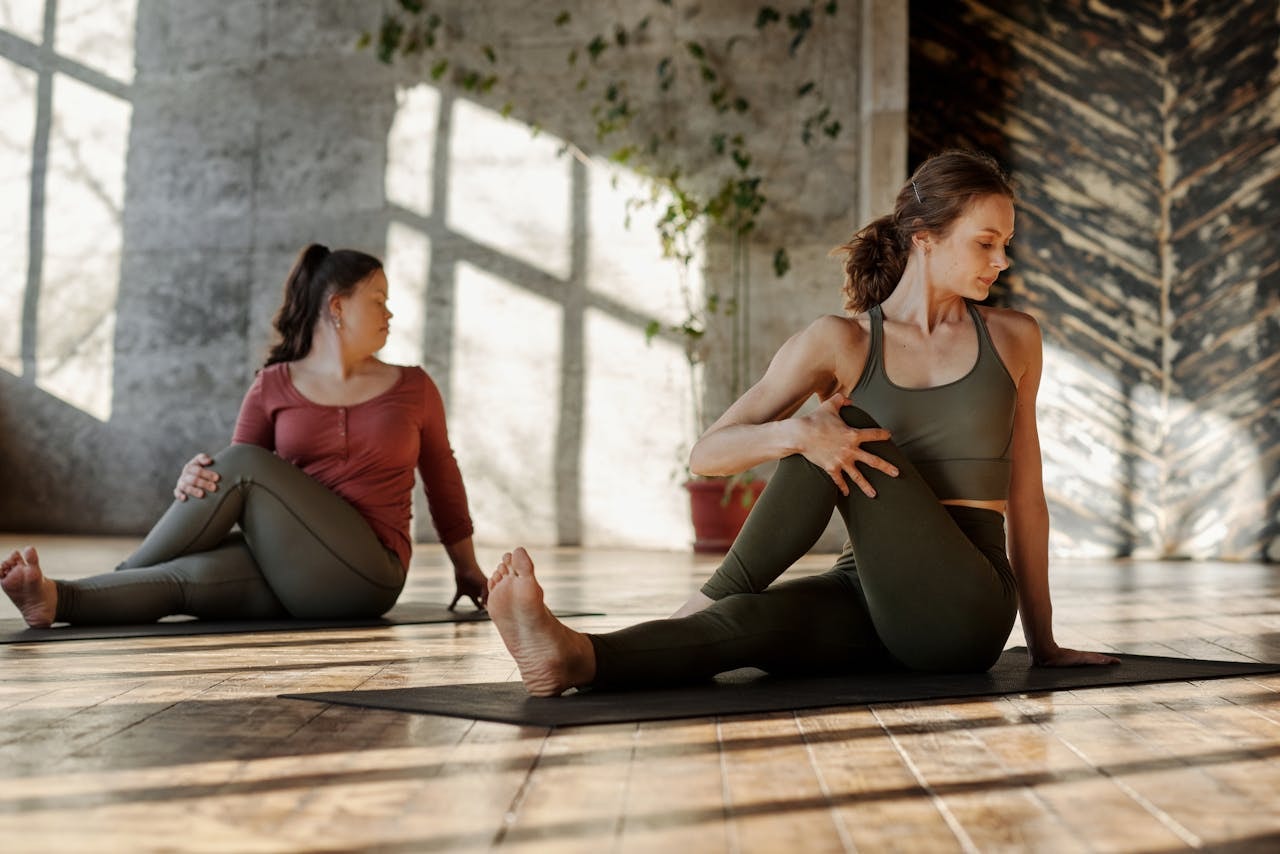
Disability activities for adults have evolved far beyond the basics. Today, they’re designed to encourage self-confidence, strengthen motor skills, foster community engagement, and support mental well being. Whether you or your loved one lives with physical or intellectual disability or are among the many people with disabilities , the goal is to offer inclusive activities that inspire joy, independence, and growth.
At Re.Connect Support Services, we believe that every person—regardless of their ability—deserves the opportunity to lead a fulfilling life, rich with meaningful connections, skill-building experiences, and laughter. Engaging in structured, thoughtful, and enjoyable activities, including fun activities, is not only therapeutic but also empowering. When individuals take part in creative expression, physical movement, or shared community events, they unlock a world of possibilities for self-discovery and emotional enrichment.
Our communities thrive when everyone has the opportunity to participate, and for people with disabilities, having access to engaging and inclusive activity options can be life-changing. These moments of play, learning, and connection through community activities aren’t just recreational—they’re stepping stones to greater independence, social inclusion, and personal satisfaction.
In this guide, you’ll find a curated selection of activities thoughtfully tailored for diverse abilities and interests. Let’s explore how these engaging experiences can support everything from mental coordination to everyday skills across early developmental stages , all while boosting confidence and creating joy.
Why These Activities Matter
Adults with physical disabilities, intellectual disabilities, or complex intellectual needs benefit significantly from engagement in purposeful, fun, and therapeutic programs. These activities are not just time-fillers—they’re powerful tools for promoting long-term growth, independence, and joy. Carefully designed leisure programs can transform daily routines and provide structure, empowerment, and meaning.
Building Blocks of a Better Life
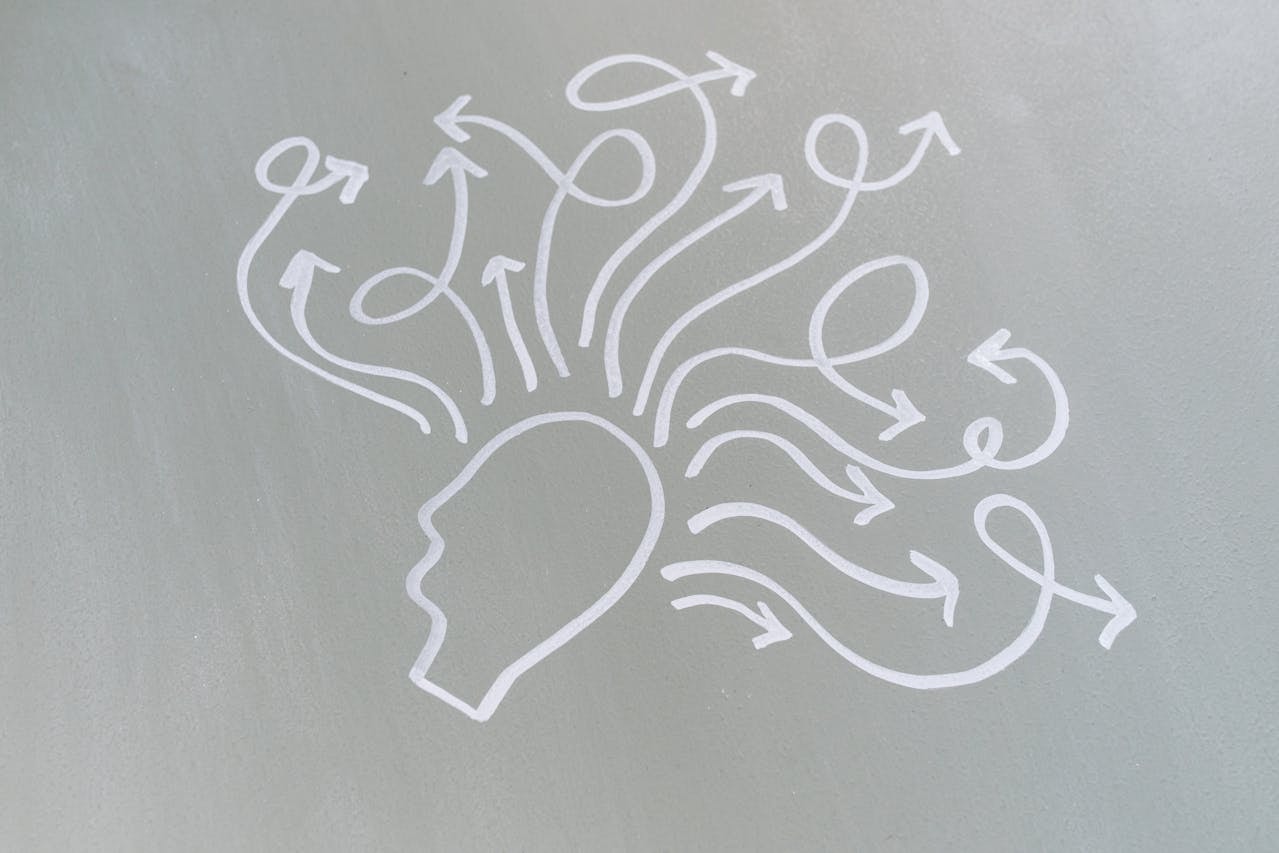
Participation in inclusive and enjoyable leisure activities offers a wealth of benefits, such as:
- Enhancing mental coordination and cognitive functioning, supporting memory retention, and attention span
- Promoting emotional well being, reducing anxiety, depression, and feelings of isolation
- Strengthening gross motor coordination and joint and muscle function to improve mobility and prevent physical decline
- Developing new coping strategies to manage daily stress and emotional challenges with resilience
More Than Just Play
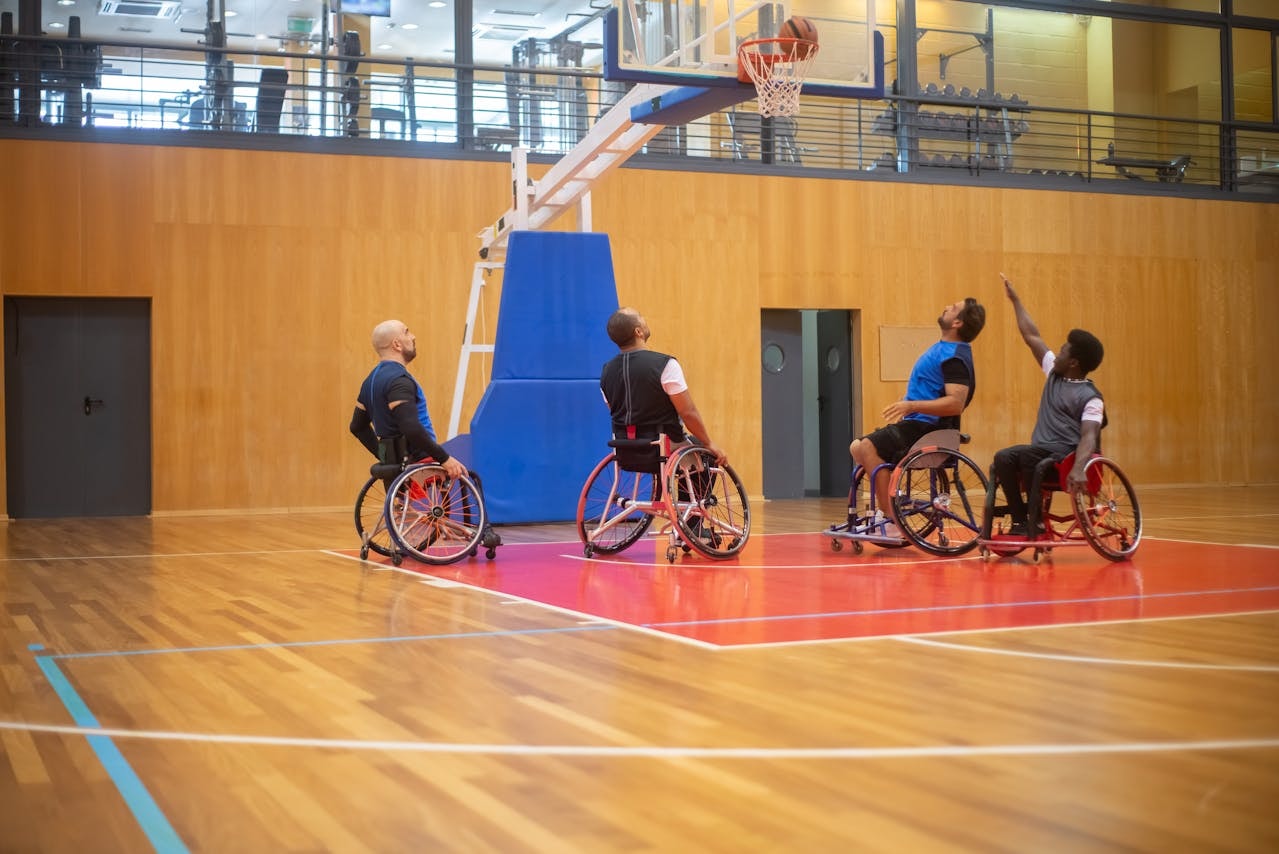
These programs are often the first step in helping individuals reconnect with their local community. Whether it’s learning new skills, joining community events, or gaining confidence through inclusive activities, the right support empowers adults with disabilities to:
- Practice essential everyday skills in real-world settings
- Strengthen social connections and build relationships
- Feel included, supported, and inspired to continue learning and growing in a safe, supportive environment
Personalised, Not Prescribed
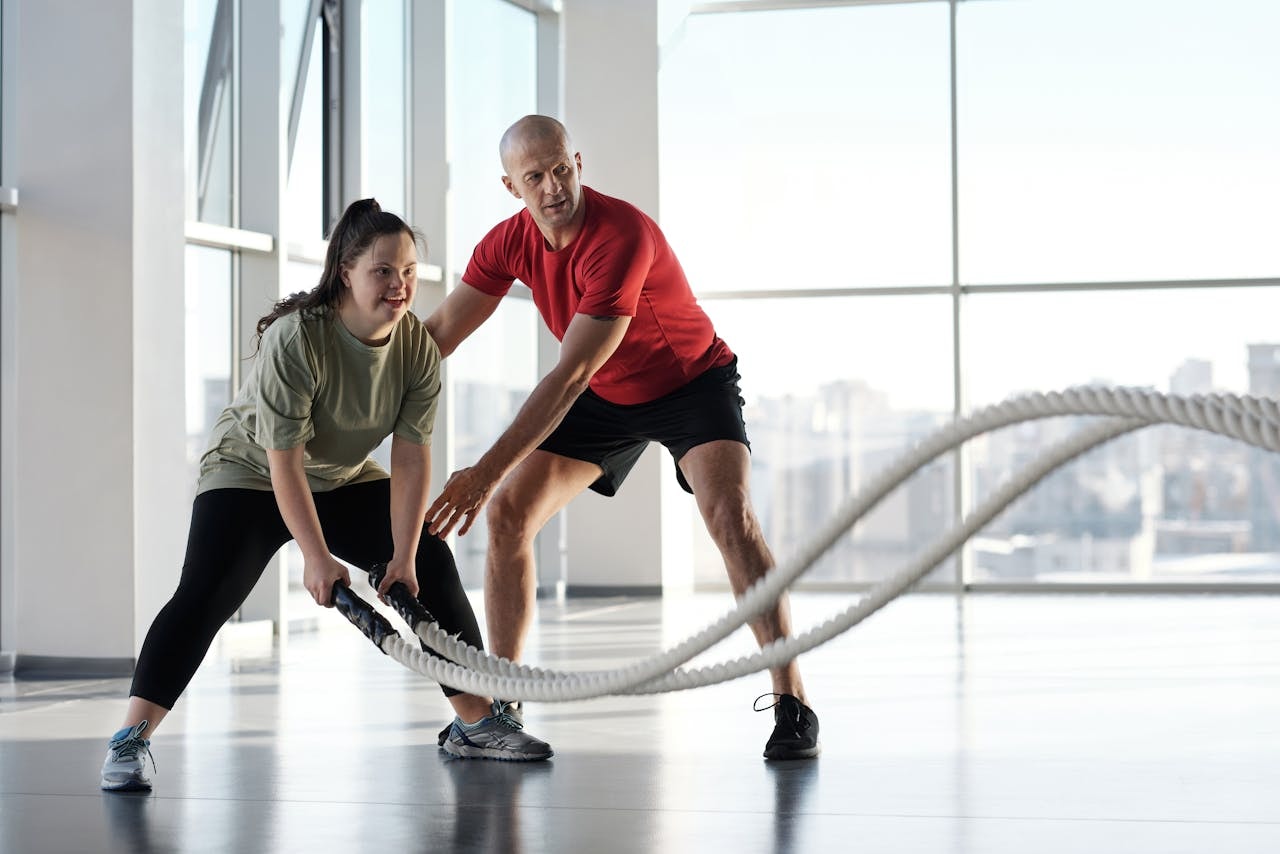
Each person has unique interests and levels of ability. The most effective disability activities are continually developing to meet diverse abilities across early developmental stages to adulthood. Considerations include mobility access, emotional preferences, and learning goals.
Personalisation ensures that each individual’s participation feels purposeful and empowering. A person with high sensory sensitivity, for instance, might benefit more from focused attention meditation, music therapy, or art-based activities. Meanwhile, someone aiming to increase independence might engage in everyday skills practice like cooking or budgeting in a safe and supportive environment.
It’s also vital to adjust the writing style, activity complexity, or group size to match a participant’s comfort level. For those with complex intellectual needs, simplifying instructions and using visual aids can make a world of difference. Creating a routine around preferred activities can also help improve consistency and mental health outcomes.
Ultimately, a personalised approach boosts self confidence, encourages healthy self expression, and ensures each session supports the development of new coping strategies, new skills, including critical thinking skills and deeper community engagement.
Indoor Activities to Stay Active
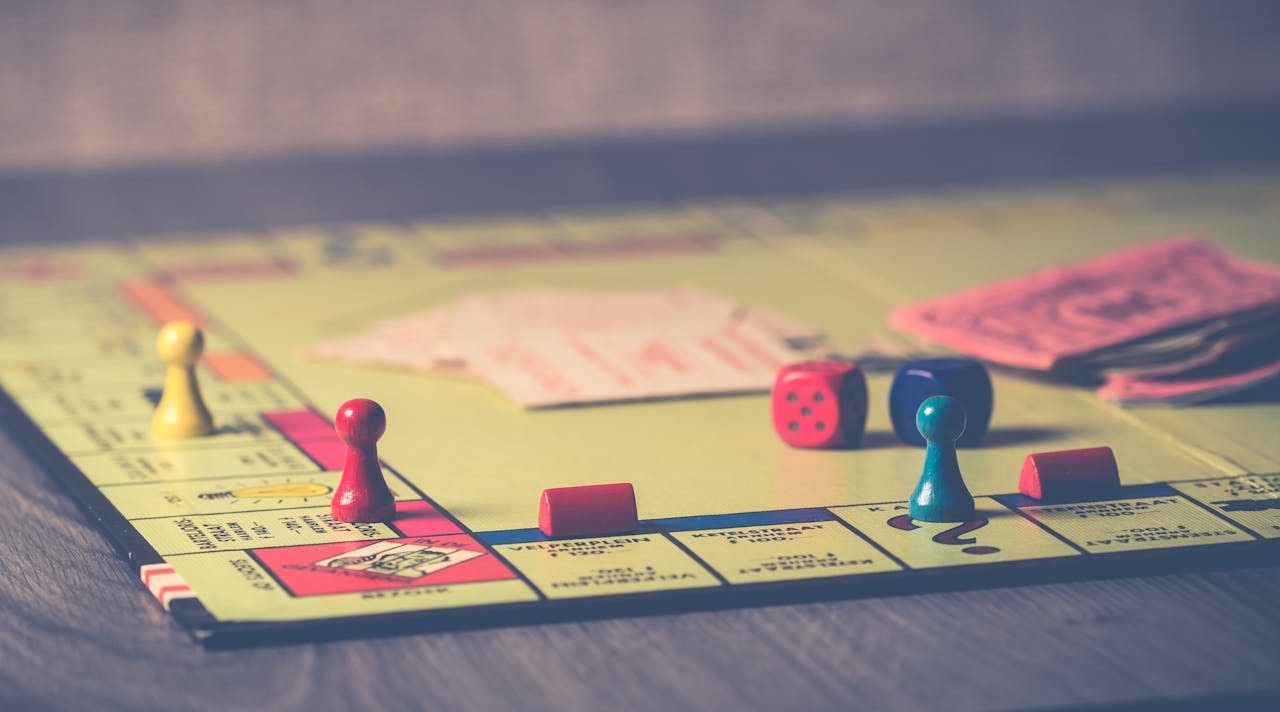
Accessible Fun at Home or in Centres
Indoor settings offer a secure and familiar space, making them perfect for developing new motor skills, practising everyday skills, and enjoying inclusive activities without the unpredictability of outdoor environments. Whether at home or in a community centre, these activities can bring joy and purpose into daily life.
- Board games and puzzles for critical thinking skills and social bonding
- Craft therapy using recycled materials for creative expression and sensory play
- Popping bubble wrap as a calming and fun sensory experience
- Seated exercise classes to promote flexibility, coordination, and physical abilities
- Focused attention meditation for grounding and focus
Creating a Safe and Stimulating Indoor Environment
A successful indoor activity space is one that promotes independence and engagement while ensuring safety and comfort. Key features should include accessible video games and other interactive technologies :
- Accessible facilities such as ramps, wide doorways, and non-slip flooring
- Clear, clutter-free layouts to support wheelchair access and mobility access
- A variety of tools and resources that cater to diverse abilities and complex intellectual needs
With the right setting, indoor activities become more than just hobbies—they’re gateways to improved emotional well being, mental health, and stronger community engagement.
Community Activities that Spark Joy
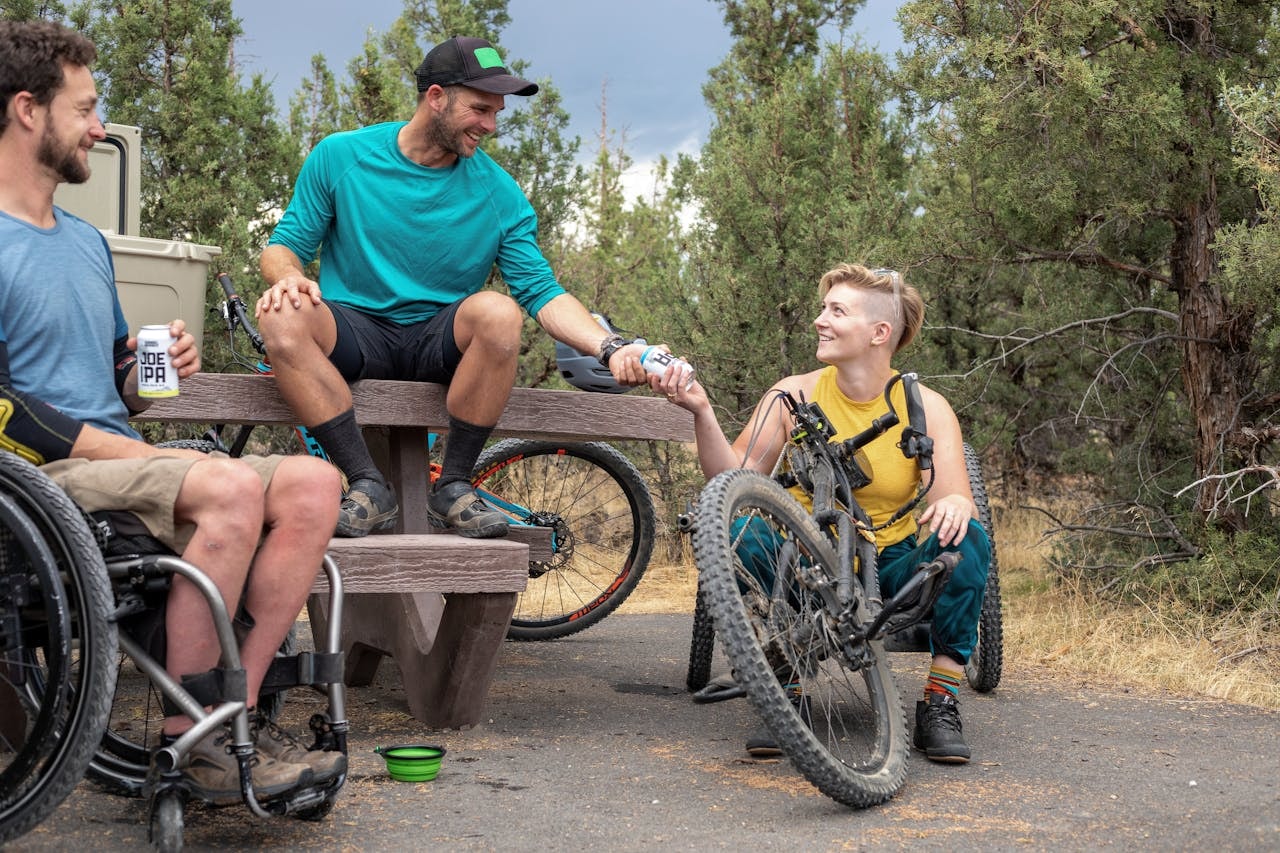
Involvement in the local community through accessible events and local events can dramatically boost morale. These experiences build confidence, broaden perspectives, and reinforce that everyone belongs. They’re also a great way to promote social connections, build self confidence, and support emotional and physical health.
Why Community Participation Matters
Participating in local activities brings a sense of pride, inclusion, and joy. For adults with physical or intellectual disability, community involvement often offers the chance to form new friends, engage in the richness of local culture, and access learning opportunities that are both enjoyable and deeply meaningful. These events foster a strong sense of place and purpose, improving not only mental health but also the development of everyday skills.
Options to Explore:
- Community gardens to enhance responsibility and teamwork
- Local events like music festivals and food markets with wheelchair access and accessible parking
- Tea taste test workshops to stimulate the senses
- Writing style workshops and poetry readings to encourage healthy self expression and new writing styles
- Visiting libraries or art centres that offer accessible tours and inclusive activities
- Participating in neighbourhood clean-up days, creating a shared sense of achievement and pride
- Joining walking groups, book clubs, or community events tailored for companion card holders
With support from trained support workers and proper planning around accessible facilities, these types of engagements can provide lasting joy and personal development for people of diverse abilities.
Outdoor Activities for Nature and Exploration
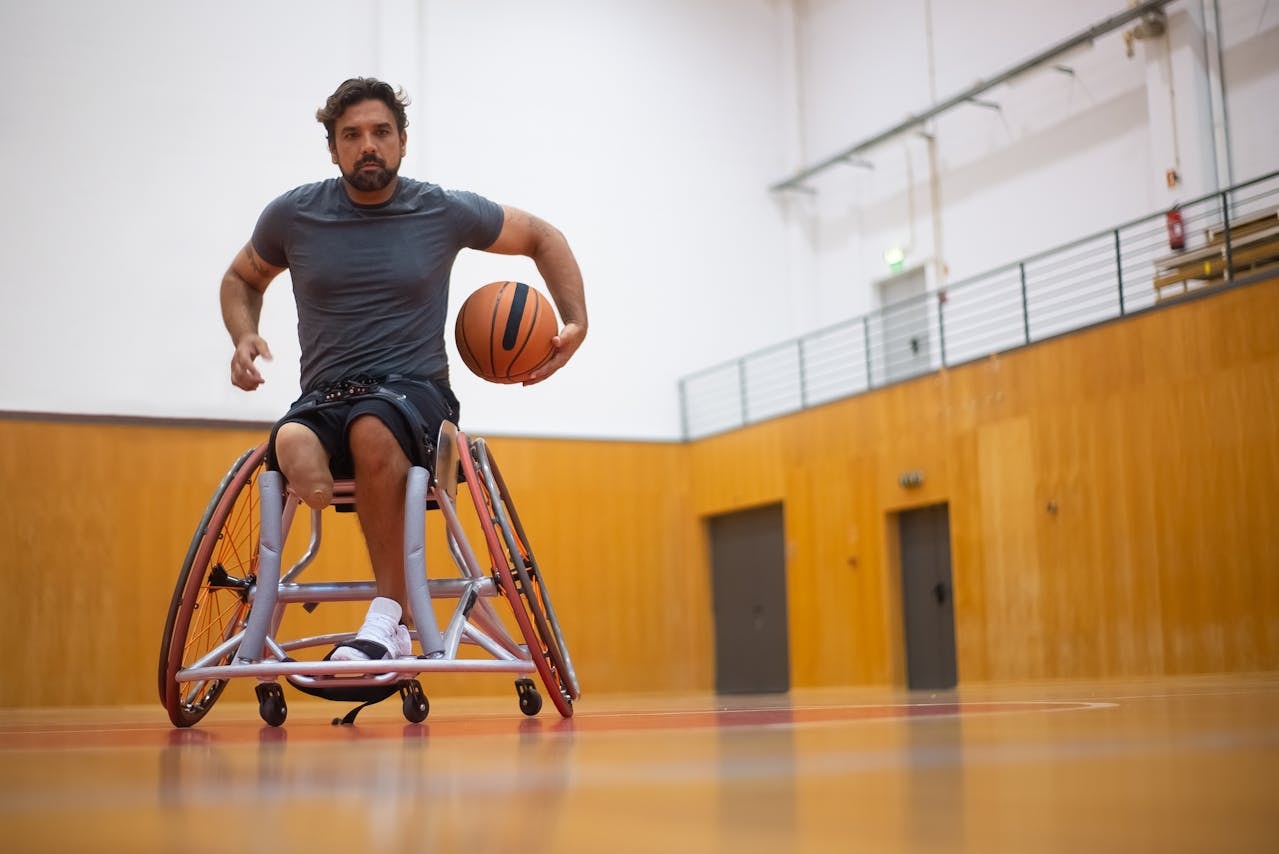
Fresh air and movement benefit both mental health and physical stamina. Spending time outdoors can promote emotional well being, improve sleep quality, and increase motivation and social interaction. The outdoors also provides a sensory-rich environment that supports a wide range of physical abilities and interests.
Outdoor spaces offer excellent opportunities for gross motor coordination, independence, and connection to the local area. With careful planning and attention to accessible locations, outdoor activities can be both inclusive and invigorating.
Ideas for Outdoor Engagement:
- Wheelchair basketball for dynamic team play, cardiovascular health, and building strength
- Accessible tours of museums, botanical gardens, or historical sites, ensuring accessible facilities, accessible restrooms, and wheelchair access
- Strolling through local markets to enhance decision-making, budgeting, and communication while promoting real-world application of everyday skills
- Visiting parks with wheelchair accessible seating for picnics, games, or simply enjoying nature
- Participating in local community cleanup drives or gardening initiatives for shared purpose and physical movement
- Engaging in nature scavenger hunts or bird-watching to improve focus and attention to detail
With the help of dedicated support workers and a supportive environment, these experiences can help individuals stay active and bring significant therapeutic benefits, from stress reduction to increased self confidence and the development of new skills.
Building Community Connections
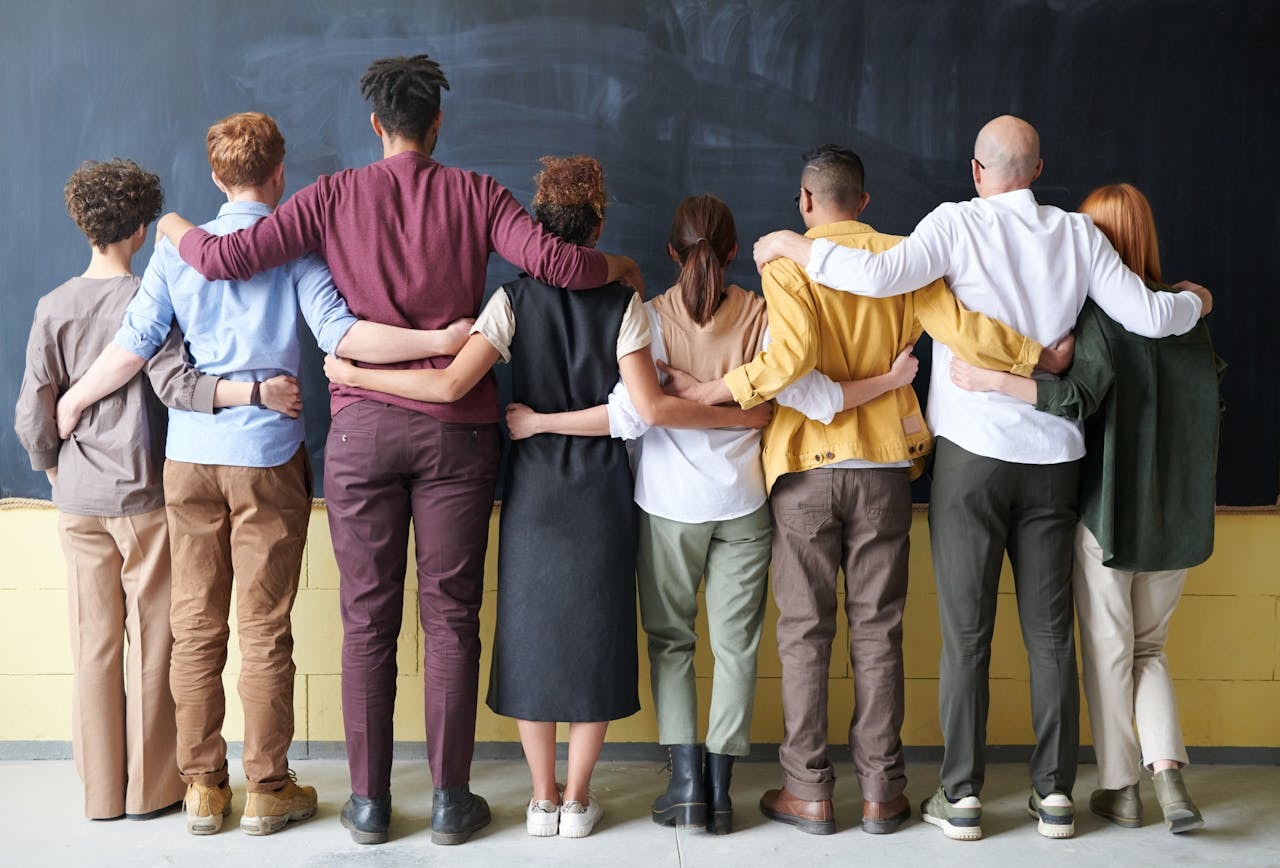
Community engagement leads to stronger social connections and combats loneliness. For adults with physical or intellectual disabilities, these connections are often the bridge to greater independence, emotional growth, and purpose. Being part of a group or social circle encourages individuals to step outside their comfort zones, share interests, and form meaningful bonds.
Shared experiences in community settings also help enhance communication skills, reduce anxiety, and nurture a sense of belonging. Whether it’s joining a singing group or playing in a local sports league, these activities are crucial for mental health, self confidence, and emotional fulfilment.
Social Activities That Strengthen Bonds
- Join community events that are tailored for companion card holders, ensuring everyone can participate without financial barriers
- Attend inclusive activities like karaoke, quiz nights, art classes, or movie screenings hosted in accessible locations
- Participate in accessible video games developed by independent game developers to improve coordination and foster digital interaction
- Explore online communities that offer safe spaces for peer connection, shared hobbies, and friendly support networks
- Volunteer in the local area, such as at animal shelters, charity drives, or community gardens, to build new relationships and contribute to the wider community
With proper planning, accessible facilities, and caring support workers, every community-based encounter can become a meaningful step toward greater inclusion, autonomy, and happiness.
Learning Through Experience
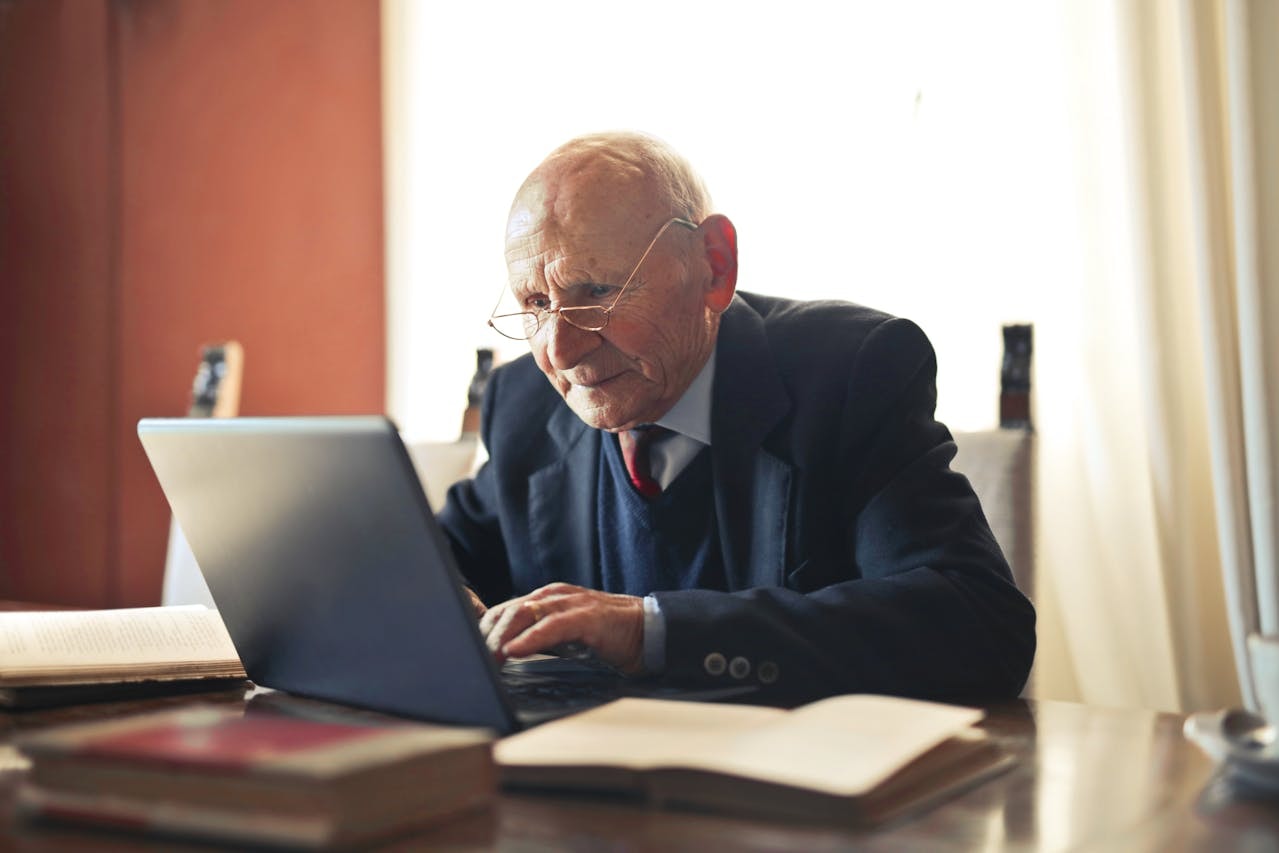
Learning new things isn’t just educational—it’s empowering. Experiential learning encourages problem-solving, decision-making, and builds resilience. These experiences help individuals with diverse abilities move beyond passive participation and become active agents in their own development.
Why Experiential Learning Matters
For many adults with physical or intellectual disability, traditional learning environments may not be the most effective. Instead, hands-on experiences that promote skill development in everyday contexts are more engaging, memorable, and confidence-building. Whether it’s gaining new skills, trying something completely different, or discovering hidden talents, learning through doing has lasting impact.
Engaging Ways to Learn by Doing
- Take part in creating art classes to inspire creativity and self confidence, exploring painting, sculpture, and multimedia expression
- Practice everyday skills like budgeting, shopping, or basic cooking for greater independence and smoother transitions into supported or independent living
- Explore gardening, woodworking, or caring for pets to develop responsibility, sensory integration, and gross motor coordination
- Engage in the therapeutic benefits of music and dance, promoting new motor skills, balance, and rhythm awareness
- Join a hobby group—like photography, model building, or knitting—to practice focused attention, patience, and follow-through
By fostering independence, practical knowledge, and emotional resilience, learning through experience empowers individuals to thrive in daily life while staying socially connected and mentally stimulated.
Activities That Develop Coping and Expression

- Try journaling as a private and emotional experience to release stress
- Join expressive arts sessions for new coping strategies
- Attend drama clubs or role-play events to foster listening skills and verbal communication
Accessibility is Key
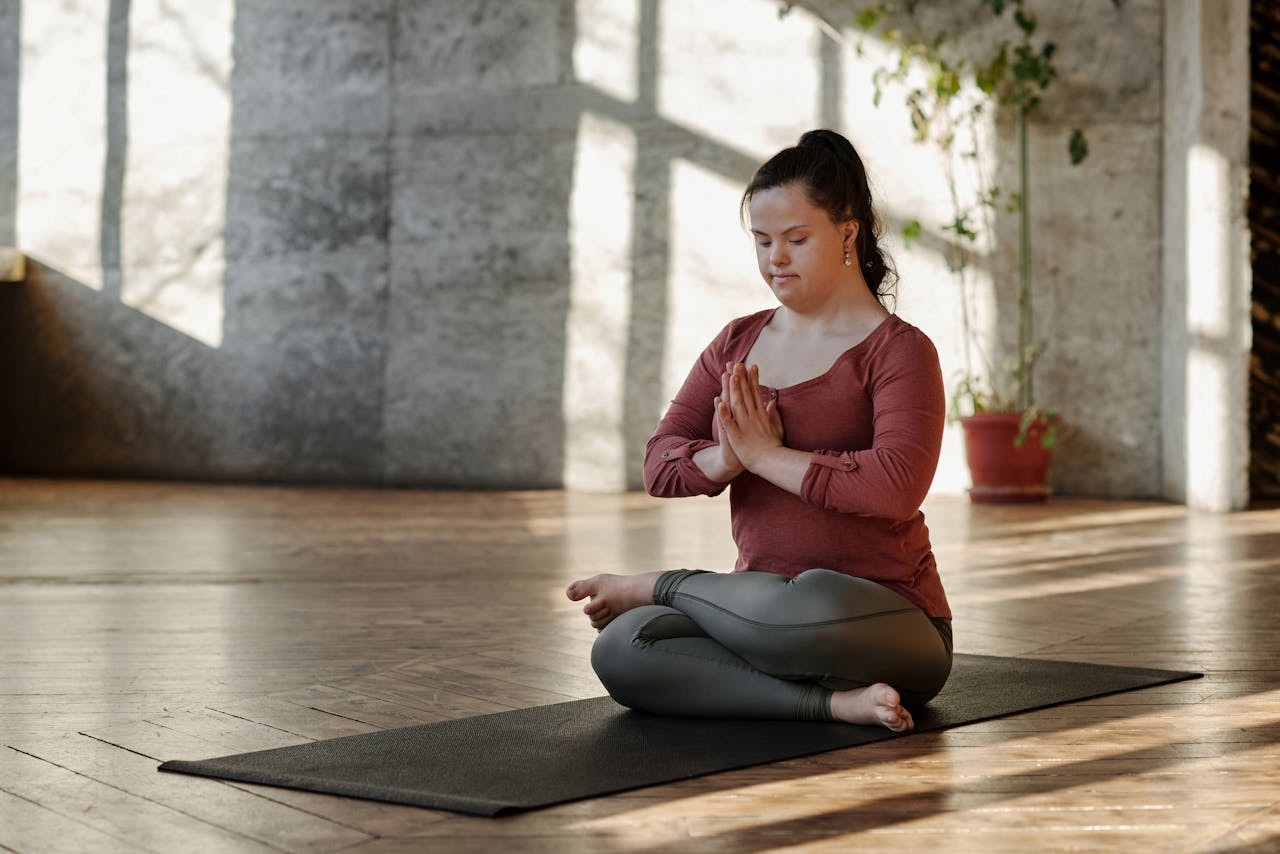
Accessibility is the foundation of inclusive and empowering disability activities for adults. Whether engaging in leisure, therapeutic, or skill-based programs, every individual deserves safe, comfortable, and dignified access to facilities and experiences that respect their rights and support their abilities.
Core Components of Accessibility
To make every activity genuinely inclusive, the following features must be in place:
- Accessible facilities, including wide entrances, automatic doors, tactile signs, and elevators
- Mobility access options like ramps, handrails, and smooth pathways for ease of movement
- Supportive environment designed and staffed by qualified support workers who understand disability services for individuals with physical and intellectual disabilities
- Clearly marked accessible restrooms, accessible parking, and safe drop-off zones
- Designated wheelchair accessible seating in venues and community locations
Going Beyond the Basics
True accessibility also includes consideration of:
- Quiet zones for individuals who may be overwhelmed by noise or large crowds
- Visual supports and simplified language for participants with complex intellectual needs
- Inclusion of companion card holders and recognition of carers in pricing and seating arrangements
- Ensuring accessible tours, local events, and workshops are held at accessible locations with reliable transportation options
Every activity—whether it’s held indoors, outdoors, or in a digital space—should be thoughtfully designed to accommodate wheelchair users, individuals with sensory sensitivities, and those requiring assistance for navigation or communication. By eliminating physical, sensory, and social barriers, we create an environment where everyone can safely participate, connect, and thrive in their local community.
Local Culture and Celebration
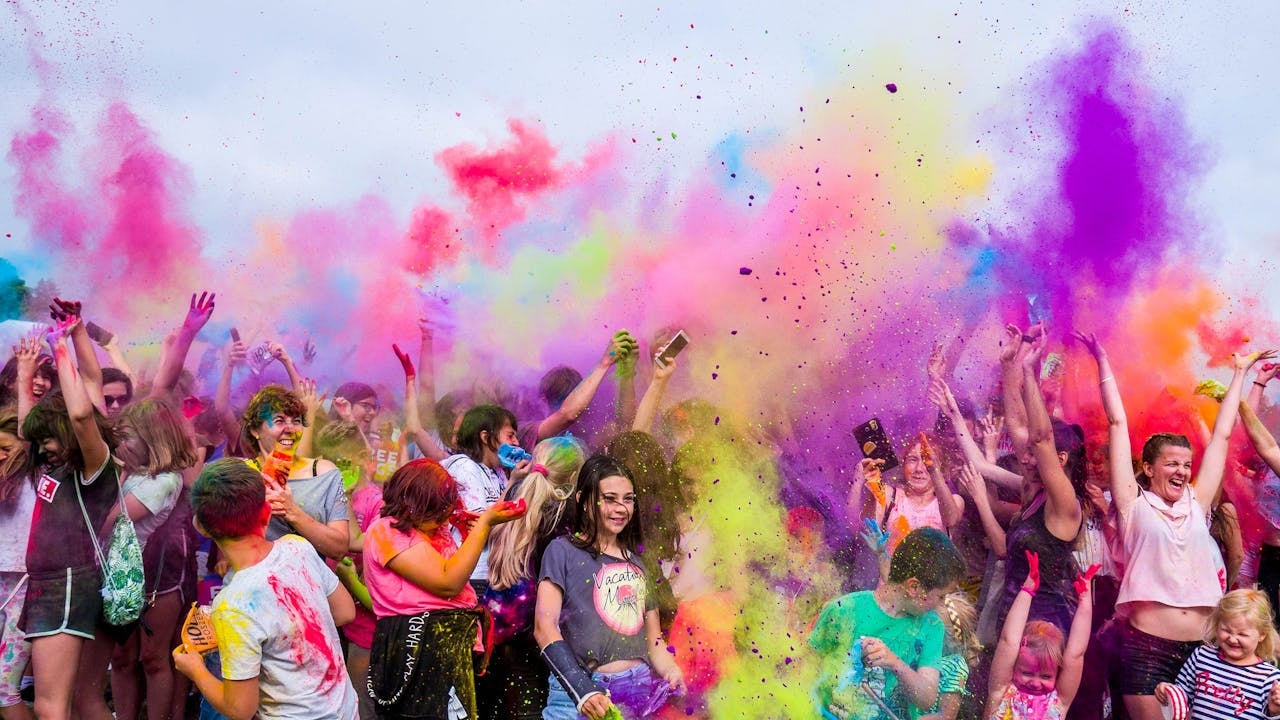
Embracing local culture through storytelling, festivals, or crafts adds an authentic layer of learning.
- Discover new traditions through cultural workshops
- Attend accessible events featuring local music, art, or food
Encouraging New Skills and Self-Growth
Each session should have a purpose:
- Improve reality orientation
- Gain new skills
- Support mental health
- Encourage social growth and forming new friends
Re.Connect Support Services: Here to Help
At Re.Connect Support Services, we tailor all activities to suit each individual’s needs. Our programs are grounded in community engagement, skill development, and above all, fun! We work to provide:
- Access to accessible locations and events
- One-on-one and group support
- A team of trained support workers
- A compassionate, supportive environment
Whether you’re aiming to build self confidence, learn new coping strategies, or just want to enjoy fun activities, our team is ready to help you with mental health support reconnect with joy, growth, and community.
Final Thoughts
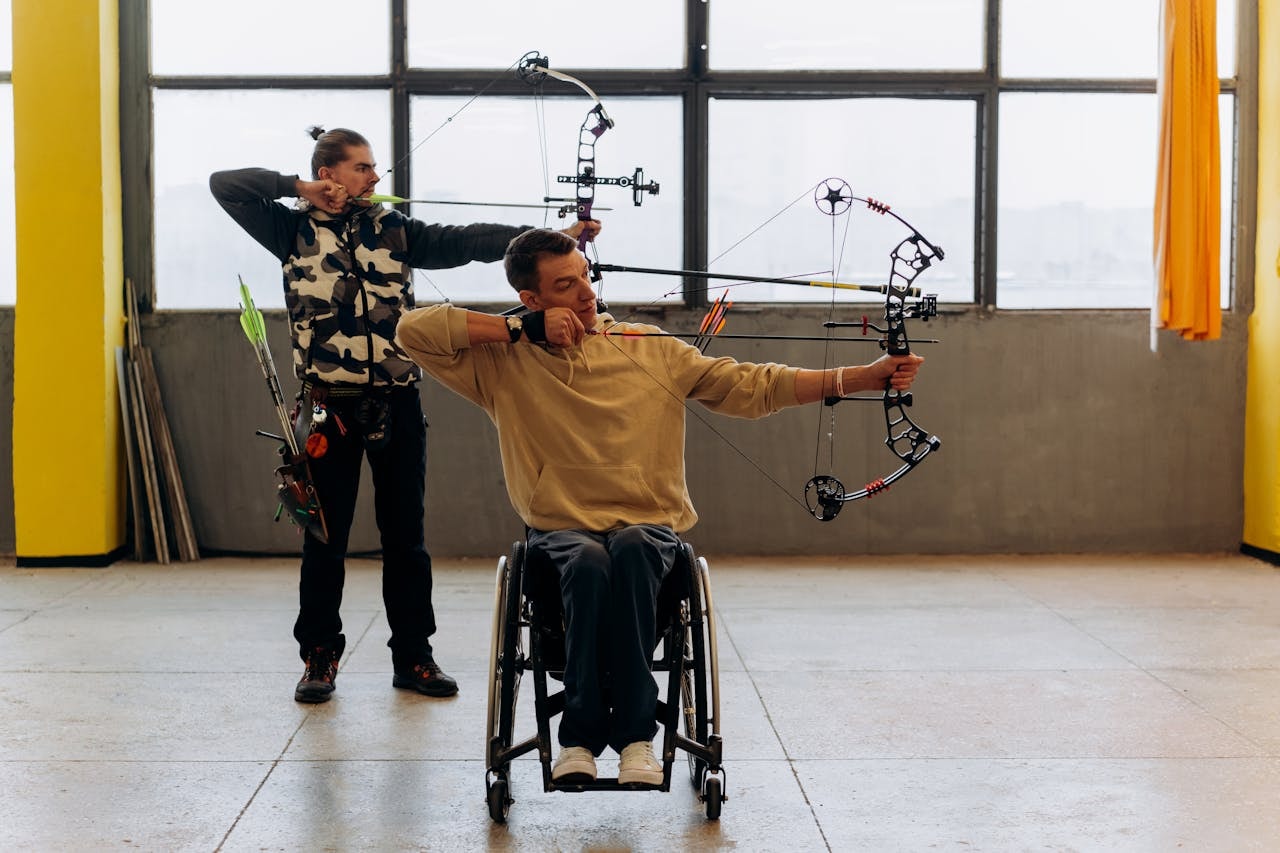
From craft therapy to wheelchair basketball, the right activity can ignite passion, purpose, and progress. Disability activities for adults should never feel limiting—they should feel liberating.
Take the first step toward a more connected, vibrant life.
Contact Re.Connect Support Services today to learn how we can tailor inclusive, meaningful activities for you or your loved one. If you’re interested in joining our team, work with us.
Because everyone deserves the chance to play, grow, and thrive—on their own terms.
